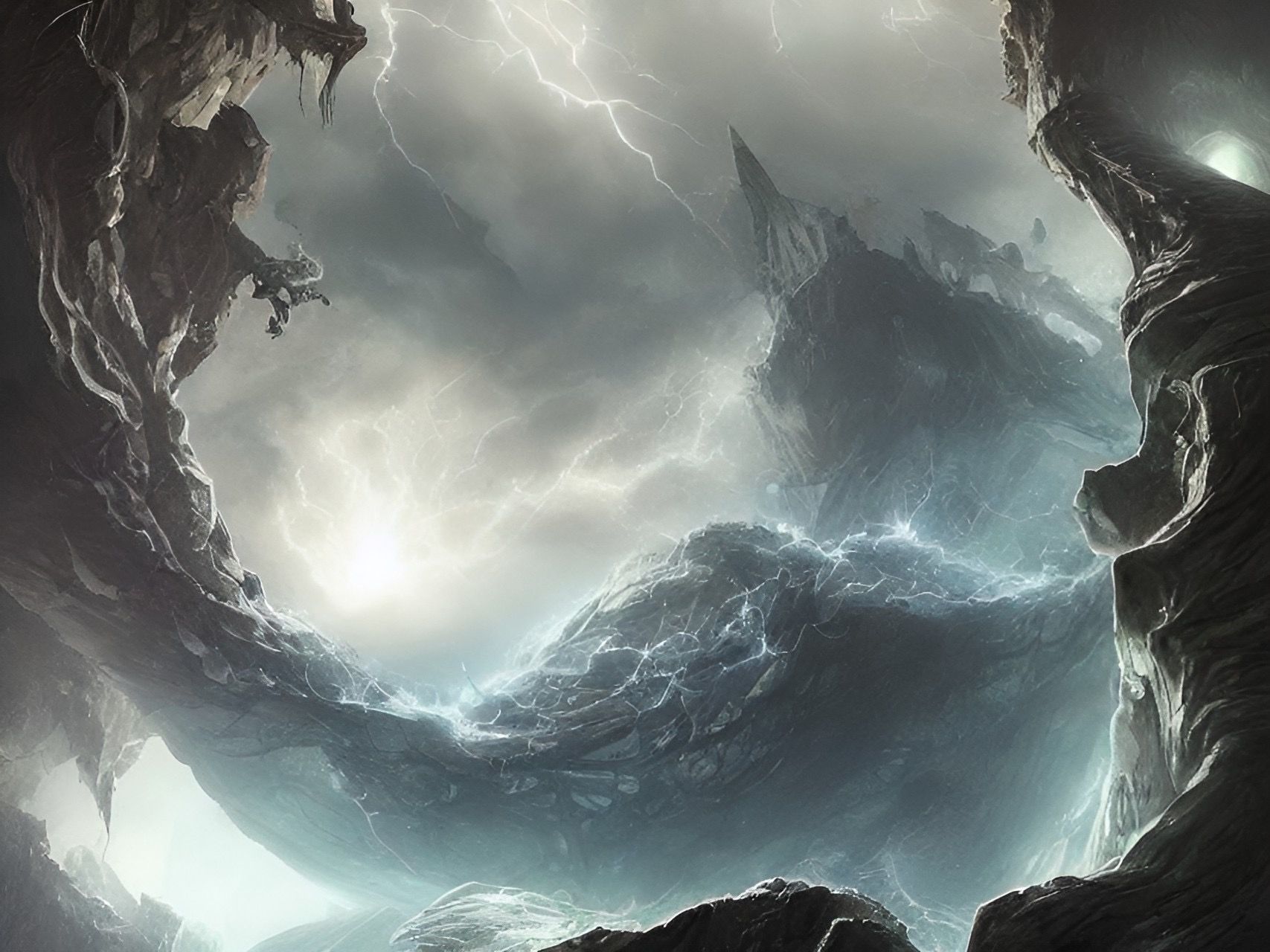52 Weeks of Writing: Week 39—From another world

Hello. I'm reporting in from the stern of a narrowboat somewhere in the East Midlands of the UK. This is my first long, proper holiday since 2019, when I flew out to Rome with T and friends. After that, there was a pandemic, and although we went away for my birthday, it was only a weekend and a rather rushed affair.
This is a longer break. It's also a weird one because T's only been here for parts of it. We're caught, millennial–Gen-Xers who treat our cat as a fur baby who cannot be left on her own for more than a day or a night. For the last three years, T has done a fair bit of travelling, but always without me.
I stay home and look after the cat.
This is actually a fine arrangement. It works well for autistic me, who prefers not to have their routines upended or their life changed in any way. T can go travel with friends and I have the run of the house—a silent house, apart from the cat—to work and write and do my own thing.
I value silence. I value an absence of words coming in from outside, of a requirement to pay attention to other people (beside the cat, obviously). But my parents wanted us to come on a canal boat holiday and I wanted to do a canal boat holiday and so here we are, doing a canal boat holiday.
It's squashed in between the summer and the start of teaching. Wouldn't even be possible if all the courses I'm working on this year started seminars in week one. They don't, so here I am.
This is nostalgic and tragic in a way I've been struggling to put my finger on all week. I grew up taking these holidays either once or twice a year. My parents started boating together in the 1970s. It was a tradition. It was what we did. This has led me to have a collection of assorted memories of growing up doing narrow boat holidays and being generally inspired while away.
I thought it'd be very much the same. Unfortunately, as the Zen koan says, wherever you go, there you are. I've brought all of 2023 me along for the ride, clenched jaw and worries about work and term and the end of the world packed up in a little psychological satchel all of my own.
A narrowboat would be a great way to spend the apocalypse, or maybe post-apocalypse. From the moment you arrive at the marina, you have a sense of stepping from the conventional world into another, dreamlike space that exists alongside, through, and in between the modern world.
Everything is piled onto the boat and suitcases left behind at the marina to reduce space costs. You even hand over car keys for safekeeping. On the boat, in the narrowboat world even 2023, the modern world only has limited encroachment. The canals have their own community, one which reminds me of the sort of people who go and live in isolated bases in Alaska above the Arctic Circle.
The people who go and live on boats are different. I find the older men difficult, but I generally like the eschewing of fancy clothing and makeup because boat-life makes both of these either tricky or just annoying. Boats have fripperies. Boaters are people who dress for comfort in clothes that can take an oil-stain or two.
Every now and again we go shopping to stock up on supplies and are like bizarre guests from another reality, aliens from another world. I prefer not to leave the hallowed environs of the canal, to be honest. I like that it is its own contained space, a space surrounded by trees.
The only reason I'm giving you this long-winded explanation of my holiday is because limited encroachment from the outside world means that if I want to get online, it's a battle and a half to find a signal anywhere. Of course, if you're neurotypical, then you could easily go and sit in a pub or cafe. But I can't work or write or think or exist in such spaces for long.
Hence, this entry is being written rather late, in one small space on board where the signal offers a stingy one bar of 4G, a lavish upgrade from the even more impoverished one bar of 3G everywhere else. I'm being sensible and writing earlier than usual because tomorrow will be spent doing locks and I won't be able to guarantee wherever we moor will have much better signal than this. You take what you can get.
Last week was all about shadow characters. I have done a lot of free-writing this week to get much more focused on the plot and bringing it back to what it should be. I thought I'd spend all of Spooky Season on shadows, because why not, but understanding shadows and villains means coming back to where those shadows and villains come from.
Lisa Cron writes that all stories start halfway through. This means you have to know the beginning, and even the bit before the beginning, to know where the story and the characters go and where they will end up.
I'm also aware that as much as I want to start with Maali, for example, and work out the reason why she needs to be pushed on this adventure, I also need to know what was actually going on back then, too. If her mother's body shows up in a wall after a bombing, which was my starting point initially, how did it get there, and why?
Writers of entirely fantastical worlds need to do a good deal more inventing than other writers, but all of us need to have credible histories for our invented realities. This week, while on holiday, I've been reading the latest Mick Herron Slough House/Slow Horses book, The Secret Hours. It's not a main series novel but a little detour.
I mention this largely because Mick Herron is an expert at working out how pasts, great and small, influence the present. It can be useful to appreciate that as much as Lisa Cron's work focuses on individual pasts and misbeliefs, much of this is tangled up in bigger, broader pasts.
I realised, this week, the problem I was having with Amnar was that I wasn't necessarily clear on the past. I keep free-writing about it, but I haven't been able to remember what I've written after I've written it. Things don't stick the way they used to when I was doing this before.
And, if I'm honest, I wasn't entirely clear on the past then, either.
I'm experimenting with using World Anvil's Chronicles tool as a means of putting in off-page events. This is going to be a time-consuming process of going through the various free-writes I've done regarding plot and putting the events I've got in order into a timeline that won't disappear when I go to make a coffee.
Chronicles is a more advanced version of timelines, but even if you don't use World Anvil, having everything written down somewhere, and daring to explore not only the personal but the broader past is vital to good storytelling.
